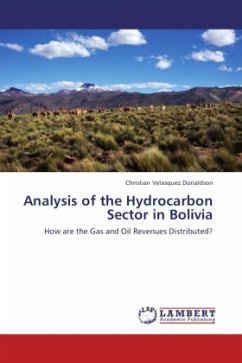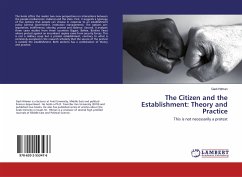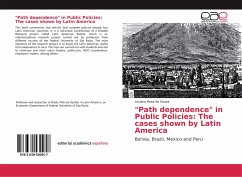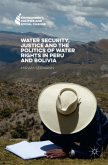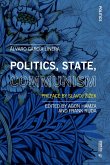This report analyzes the hydrocarbon sector in Bolivia, which represents a vital component of its economy. In 2006, Bolivia nationalized the hydrocarbon sector due to unfavorable contracts for the government since the privatization of the sector 10 years prior. Without a coherent allocation system of the important hydrocarbon revenues, significant per capita disequilibrium will remain in which regions with a high population get considerably fewer resources than less populated regions. The current distribution system is discriminatory in the allocation of resources without taking into account poverty criteria in such a poor country like Bolivia. It also exacerbates the regional dependency on central transfers that depend on exhaustible and unstable hydrocarbon production. Presented here are the results of a hypothetical calculation of an alternative distribution system of the hydrocarbon revenues, introducing poverty criteria into the equation. However, the results of the hypothetical exercise presented have the objective of opening the debate and dialogue for needed reforms in the Bolivian hydrocarbon distribution system and do not suggest a definitive answer.
Bitte wählen Sie Ihr Anliegen aus.
Rechnungen
Retourenschein anfordern
Bestellstatus
Storno

